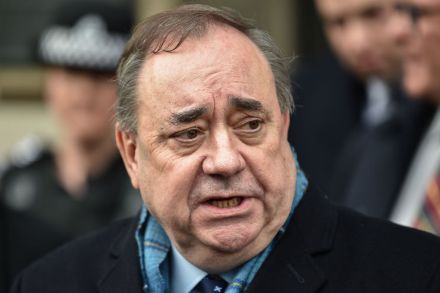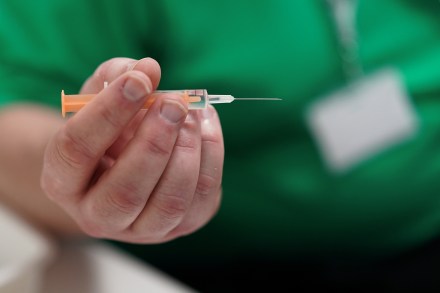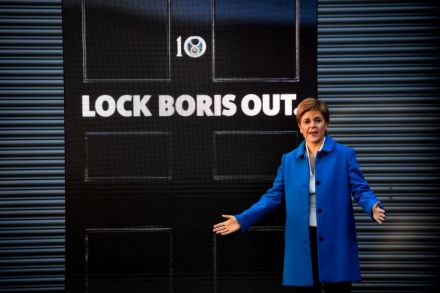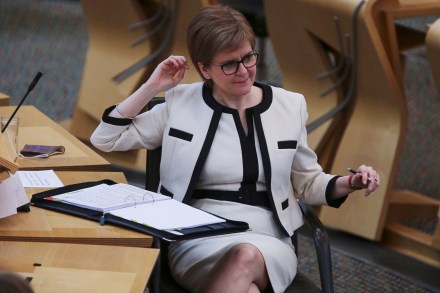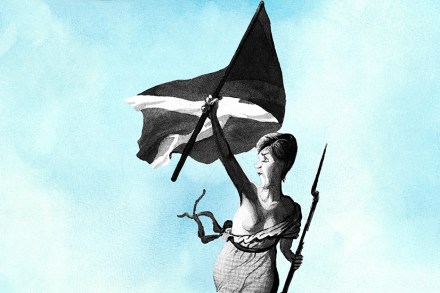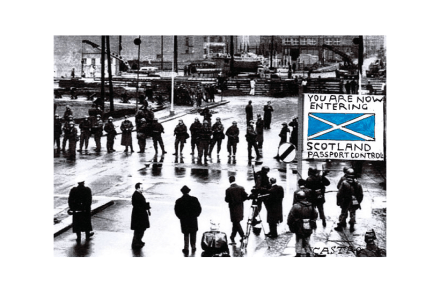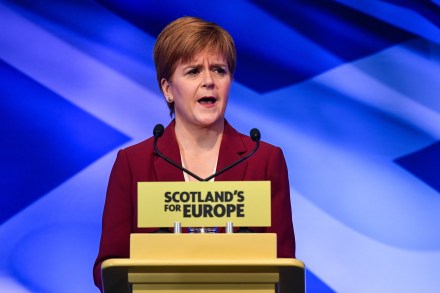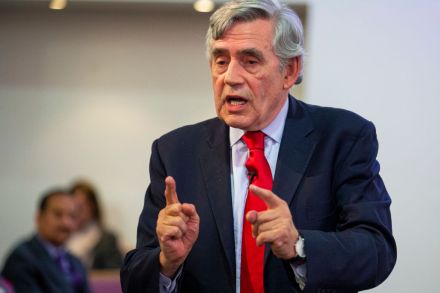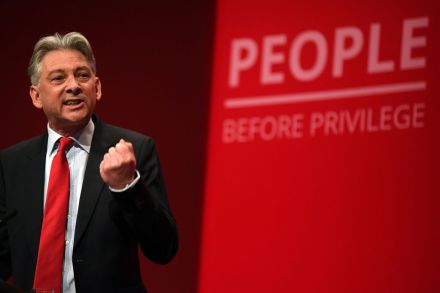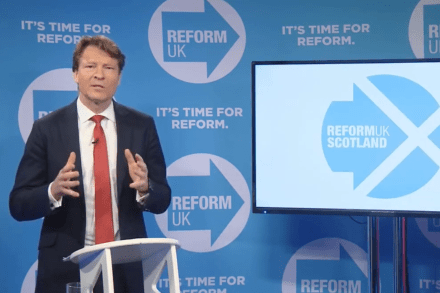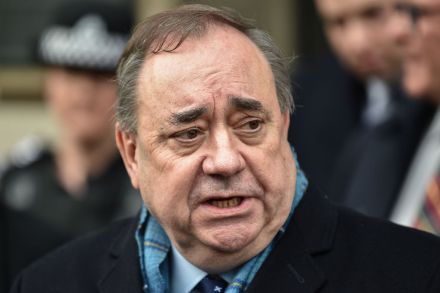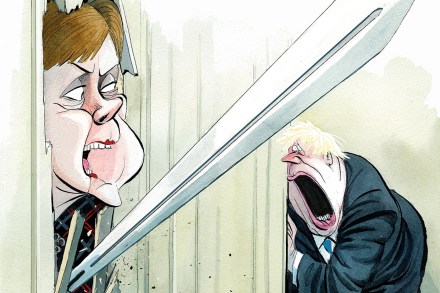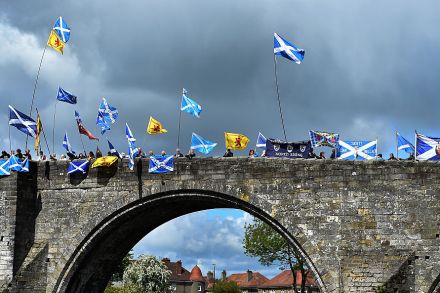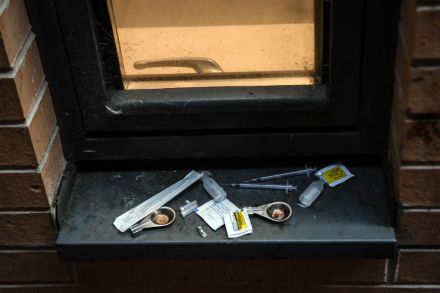Will the SNP finally see sense on its flawed Hate Crime Bill?
The saga of the SNP’s Hate Crime Bill is drawing to a conclusion. This week, Holyrood will cast a decisive vote on the embattled bill. Introduced just ten months ago, it seeks to consolidate existing hate crime laws and create new offences on the ‘stirring up of hatred’ against certain groups. These proposals would make ‘threatening or abusive’ behaviour which ‘stirs up hatred’ on the grounds of age, disability, religion, sexual orientation, transgender identity and variations in sex characteristics a criminal offence, punishable by up to seven years in prison, an unlimited fine or, for the extremely unfortunate, both. The proposals have proved highly controversial and understandably so. In our society,








